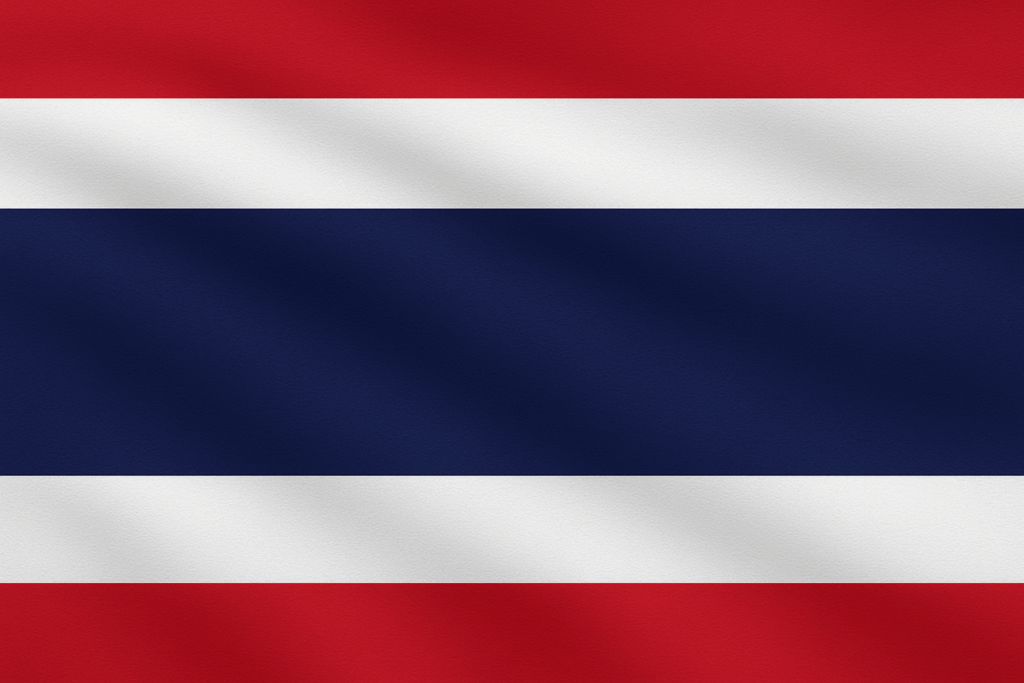Thailand welcomes millions of visitors every year — from short-term tourists to long-stay retirees and business travellers. Whether you’re planning a vacation, studying, working, or relocating, understanding Thailand’s visa options and application process will save you time, money, and frustration.

1. Determine if You Need a Visa
Before you apply, check whether you qualify for visa exemption:
- Visa-Free Entry: Citizens of over 60 countries (including Australia, the U.S., UK, EU nations, Canada, Japan, and Singapore) can enter Thailand for up to 30 days (sometimes 45 during promotional periods) without a visa if arriving by air and have proof of onward travel and sufficient funds.
- Visa on Arrival (VOA): Nationals of 19 countries (e.g., India, China) can get a visa at major Thai airports and land borders for up to 15 days.
- Longer Stay: If you plan to stay longer than the exemption period or work/study, you’ll need to apply for a visa in advance.
2. Choose the Right Visa Type
Thailand offers several visa categories, each with specific requirements:
| Visa Type | Stay Length | Purpose |
|---|---|---|
| Tourist Visa (TR) | 60 days (extendable 30 days) | Holidays, visiting friends/family |
| Education Visa (ED) | 90 days to 1 year | Study or attend training courses |
| Non-Immigrant Visa (B) | 90 days (extendable to work permit) | Business, employment |
| Non-Immigrant Visa (O) | 90 days–1 year | Family reunion, volunteering, dependent spouse/child |
| Retirement Visa (O-A / O-X) | 1–10 years | Long-term stay for retirees over 50 |
| Smart Visa | 1–4 years | For tech entrepreneurs, investors, highly skilled professionals |
| Long-Term Resident (LTR) Visa | Up to 10 years | Wealthy global citizens, retirees, remote workers, investors |
Tip: If you want to work in Thailand, you’ll generally need a Non-Immigrant B visa first, then apply for a work permit after arrival.
3. How to Apply for a Thai Visa
Step 1 — Apply Online (Thai e-Visa)
Most applicants now use the Thai e-Visa system:
- Website: https://www.thaievisa.go.th
- Create an account, select your visa type, and upload required documents.
- Pay the visa fee online (varies by visa type and nationality).
- Processing usually takes 3–10 business days.
Step 2 — Required Documents
While requirements vary by visa, you’ll typically need:
- Valid passport (at least 6 months remaining)
- Passport-size photo (recent)
- Flight booking or travel itinerary
- Proof of funds (e.g., bank statements)
- Hotel booking or address in Thailand
- Additional documents (invitation letter, business registration, education acceptance letter, etc.) depending on visa type.
Step 3 — Receive Visa
You’ll receive an electronic visa (PDF) to print and present to immigration when you arrive in Thailand.
4. Extending Your Stay in Thailand
If you’re already in Thailand:
- Tourist Visa Extension: Apply at a local Immigration Office (e.g., Bangkok, Chiang Mai) to extend for 30 more days (cost ~1,900 THB).
- Change of Visa Type: Some visas can be converted in-country (e.g., tourist to non-immigrant), but this depends on eligibility.
- Overstay Penalties: Avoid overstaying — fines are 500 THB per day (max 20,000 THB), and long overstays can lead to bans.
5. Special Notes for Digital Nomads & Remote Workers
Thailand is encouraging long-term visitors:
- The Long-Term Resident (LTR) visa now offers 10-year stays for remote workers earning at least USD 80,000/year (lower thresholds for highly skilled professionals).
- The SMART Visa is designed for startup founders, tech specialists, and investors.
6. Fees & Processing Times (Typical)
| Visa Type | Fee (approx.) | Processing Time |
|---|---|---|
| Tourist Visa (TR) | 40–60 USD | 3–10 business days |
| Non-Immigrant B | 80–120 USD | 5–15 business days |
| Retirement (O-A) | 200–300 USD | 10–15 business days |
| LTR Visa | 50,000 THB | 20–60 business days |
Fees vary slightly depending on your nationality and where you apply.
7. Quick Tips to Avoid Issues
- Apply early: Especially for long-term visas (LTR, Retirement, Business).
- Check your passport: It must have at least 6 months validity.
- Print your visa & documents: Immigration may ask for proof of funds, flights, and accommodation.
- Respect visa conditions: Working on a tourist visa is illegal and can lead to fines or blacklisting.
